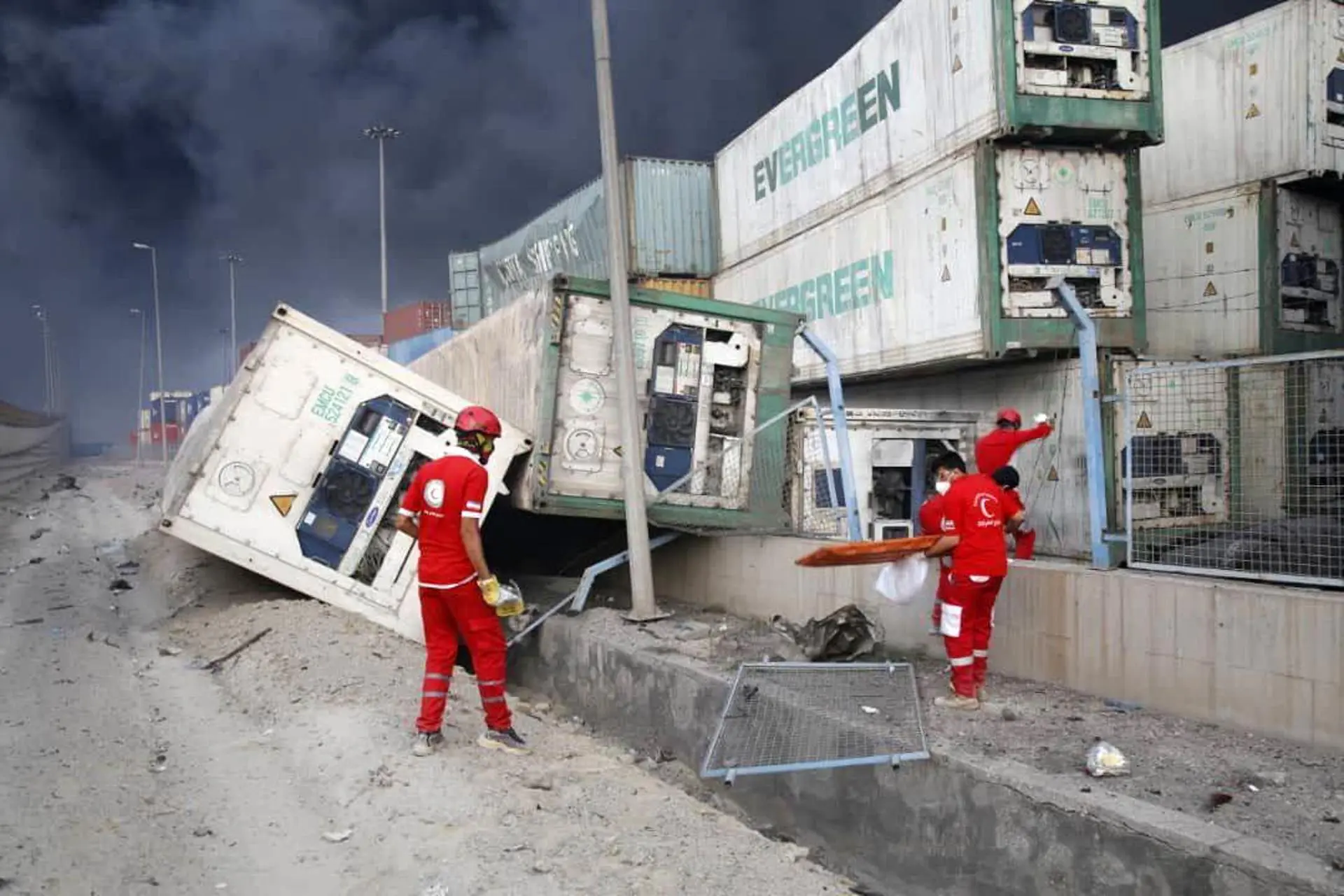U.S. Intensifies Sanctions on Iran Following Nuclear Negotiations Amid Geopolitical Tensions

New U.S. sanctions following the fourth round of nuclear negotiations in Oman.Photo:EFE.
May 12, 2025 Hour: 6:53 pm
The United States imposes new sanctions on Iran after the fourth round of nuclear talks in Oman, while Tehran reaffirms its right to uranium enrichment and condemns U.S. pressure as unacceptable.
Related:
Oman Says US-Iran Talks Reflect a Shared Desire for an Agreement
The United States announced new sanctions against Iran immediately after the conclusion of the fourth round of indirect nuclear negotiations held in Oman between the two countries. Presented by U.S. Secretary of State Marco Rubio, the sanctions aim to prevent Iran from developing nuclear weapons, while Tehran insists on the legitimacy of its peaceful nuclear program and rejects U.S. demands to dismantle its facilities. This episode underscores the ongoing tension and confrontational dynamic that has defined Washington-Tehran relations since the U.S. unilaterally withdrew from the nuclear deal in 2018.
The U.S. government sanctioned several Iranian individuals and entities involved in nuclear research and development, in line with Washington’s “maximum pressure” policy aimed at curbing Iran’s nuclear progress. Rubio justified these actions as necessary to ensure Iran “never obtains a nuclear weapon,” even as both sides seek to keep diplomatic channels open after months of stalemate.
From Tehran, the Foreign Ministry spokesperson described the negotiations as “difficult but useful,” emphasizing that uranium enrichment for civilian purposes is an inalienable and non-negotiable right for Iran. Iranian President Masoud Pezeshkian stressed that while Iran seeks peace and an agreement, the U.S. demand to abandon all nuclear facilities is “unacceptable” and will not be accepted by the Islamic Republic.
The fourth round of indirect Iran-U.S. negotiations is concluded; difficult but useful talks to better undetstand each other's positions and to find reasonable & realistic ways to address the differences. Next round will be coordinated and announced by Oman.
— Esmaeil Baqaei (@IRIMFA_SPOX) May 11, 2025
The 2015 nuclear deal, signed by Iran, the P5+1 group, and the European Union, established a framework to limit Iran’s nuclear program in exchange for lifting economic sanctions. However, the Trump administration’s unilateral withdrawal in 2018 reinstated sanctions and increased pressure on Tehran, prompting Iran to gradually suspend its commitments. This has created a crisis of trust that complicates the full resumption of negotiations.
Although the latest round of talks was indirect and marked by mutual distrust, both parties expressed willingness to continue dialogue. A U.S. official described the meeting as encouraging and anticipated further sessions soon. Nevertheless, the persistence of sanctions and threats casts doubt on the sincerity of the U.S. commitment to a peaceful resolution.
The imposition of sanctions amid ongoing negotiations reflects the aggressive U.S. policy that, rather than facilitating an agreement, seeks to weaken Iran and maintain American hegemony in the Middle East. This approach disregards Iran’s sovereignty and fuels regional instability, highlighting the need for international efforts to respect sovereign rights and pursue equitable, peaceful solutions.
Author: YCL
Source: RT






